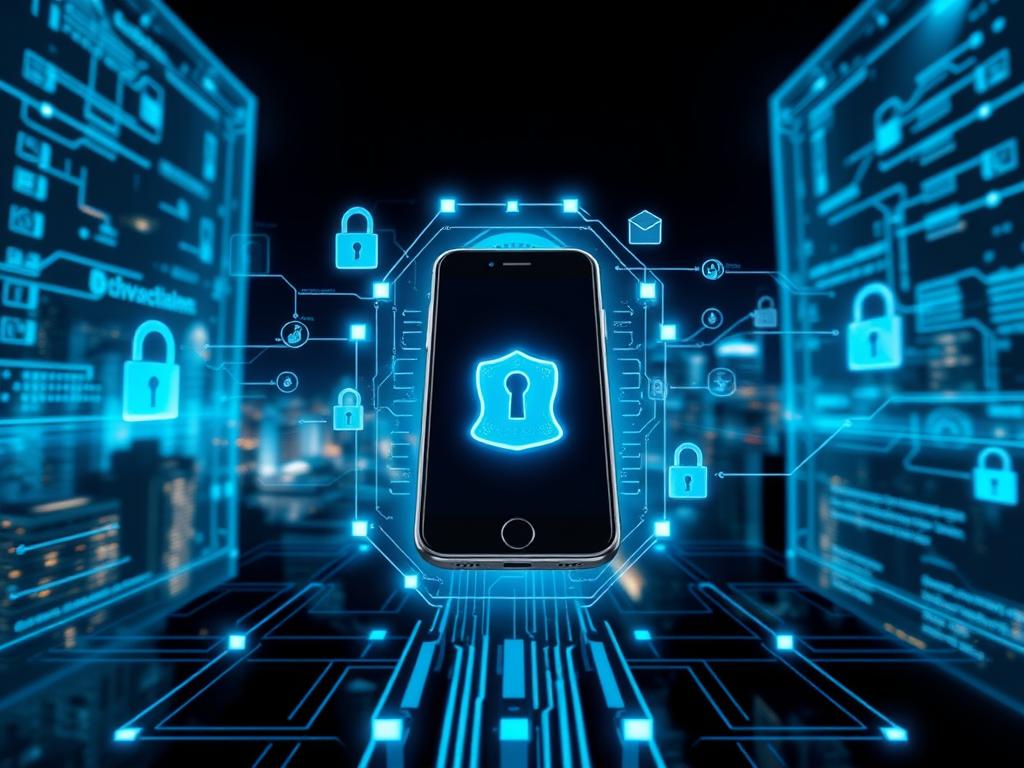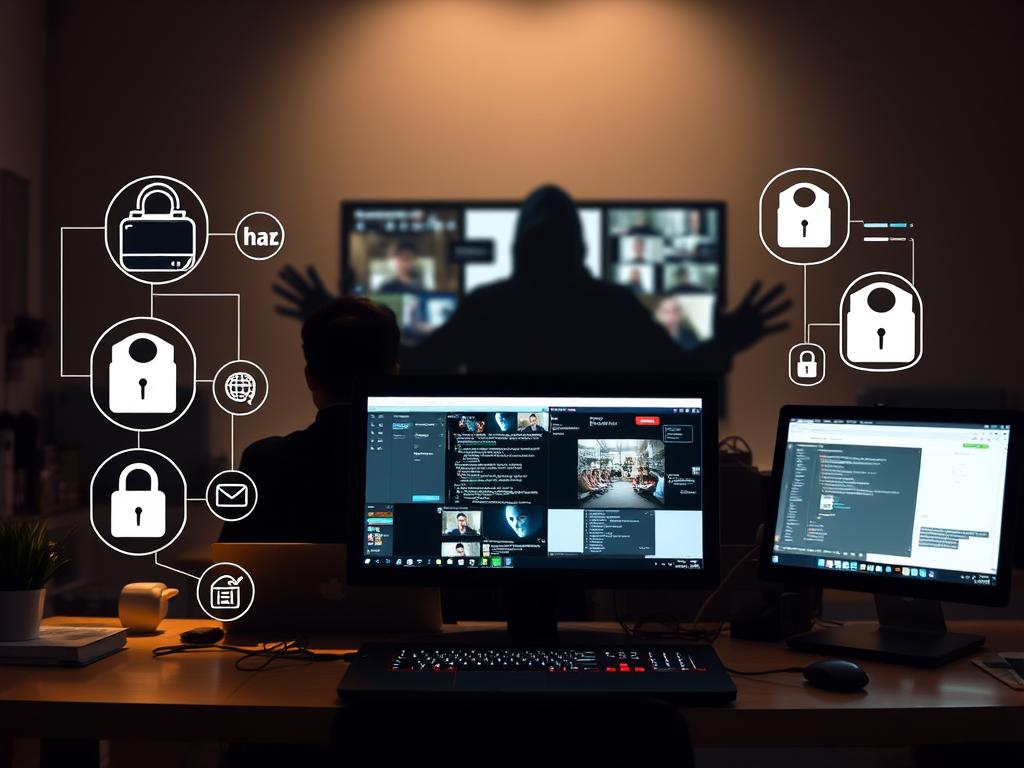The shift to remote or hybrid work comes with its challenges, your online presence is more than just your social media profiles, it is priceless. It includes everything from your personal data to your financial information.
A new age with cyber threats such as hacking, phishing, and identity theft are constantly evolving, making it crucial to take proactive steps to protect yourself online. Here are some best practices that can help safeguard against data breaches in this new era? Let’s explore.
1. Use Strong and Unique Passwords
Your passwords are the first line of defense against cyber threats.
- Use a combination of uppercase and lowercase letters, numbers, and special characters.
- Avoid using the same password for multiple accounts.
- Consider using a password manager to generate and store your passwords securely.

Image from Lexica
2. Enable Two-Factor Authentication (2FA)
Two-factor authentication adds an extra layer of security by requiring a second form of verification, such as a one-time code sent to your phone or email. Enable 2FA on your email, banking, and social media accounts to reduce the risk of unauthorized access.

Image from Pngtree
3. Be Cautious with Emails and Links
Phishing scams are one of the most common ways hackers steal personal information.
- Do not click on links or download attachments from unknown senders.
- Always verify the sender’s email address before responding to requests for personal information.
- Look out for spelling errors and urgent messages demanding immediate action.

Image from Freepik
4. Keep Your Software and Devices Updated
Software updates often contain important security patches.
- Regularly update your operating system, apps, and antivirus software.
- Enable automatic updates whenever possible to ensure you’re always protected.
5. Secure Your Social Media Accounts
Your social media accounts can reveal a lot about you.
- Set your profiles to private to control who can see your posts.
- Avoid sharing sensitive personal details like your phone number, address, or financial information.
- Be mindful of the information you post, as cybercriminals can use it to guess your security answers.

6. Use a VPN for Secure Browsing
A Virtual Private Network (VPN) encrypts your internet connection, making it harder for hackers to intercept your data. It’s especially useful when using public Wi-Fi networks, which are more vulnerable to cyberattacks.

Image from Pexel
7. Monitor Your Digital Footprint
Regularly check your online accounts and activity to detect any suspicious behavior.
- Google yourself to see what information is publicly available.
- Set up alerts for your name or email address to be notified if your data appears in a data breach.

Image from Getty
8. Be Wary of Public Wi-Fi
Public Wi-Fi networks are often unsecured, making it easy for hackers to intercept data.
- Avoid logging into sensitive accounts when using public Wi-Fi.
- Use a VPN to protect your connection.
- If necessary, use your mobile data or a personal hotspot instead.

9. Regularly Review Privacy Settings
Most websites and apps collect data about your activities.
- Go through your privacy settings on social media and other accounts to limit data sharing.
- Disable unnecessary permissions on apps that access your location, camera, or microphone.

Image from Freepik
10. Backup Your Data Regularly
In case of a cyberattack or device failure, having a backup ensures you don’t lose important information.
- Store backups in secure cloud storage or an external hard drive.
- Set up automatic backups for convenience.

Image of a student saving files in the cloud
Conclusion
It takes two to tango, with the right mix of caution,vigilance and adaptability,these risks can be effectively managed. Taking proactive steps to secure your online presence is essential in today’s digital age. By using strong passwords, enabling two-factor authentication, and staying cautious with online interactions, you can significantly reduce the risk of cyber threats. Stay vigilant and regularly update your security measures to protect your personal and financial information online.